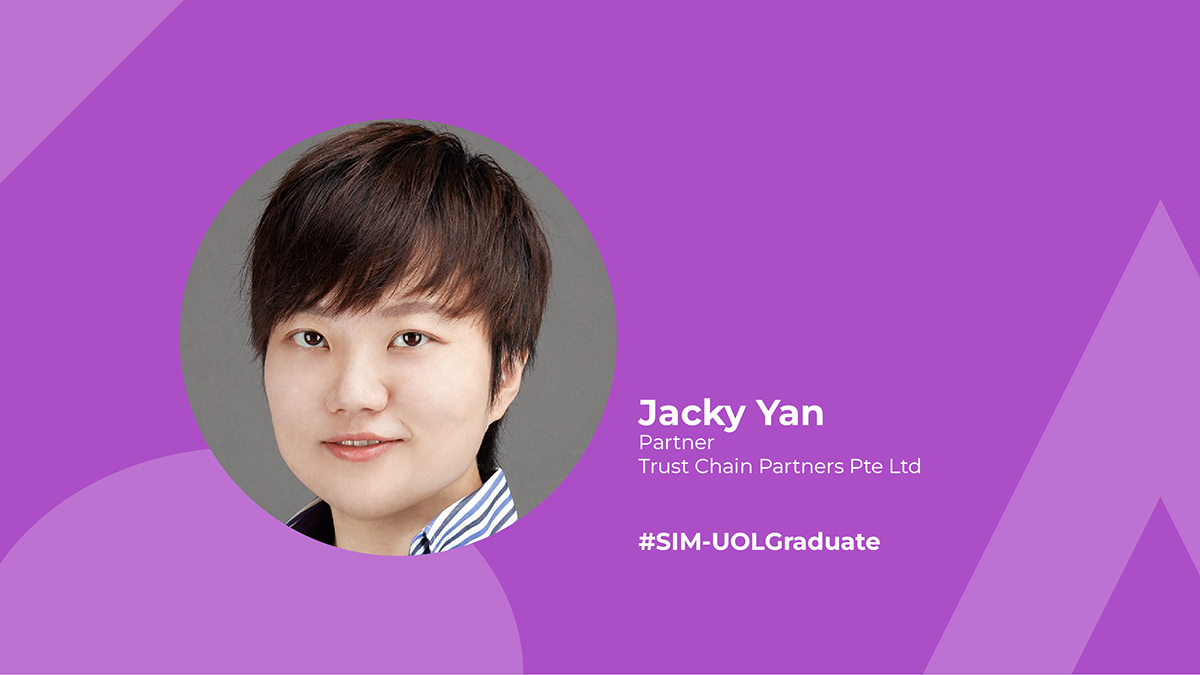Course Fees: S$850.20 per module, inclusive of 9% GST
Course Dates:
- Economics and Mathematics: Jun – Jul 2024 (FT / PT)
- Mathematics and Accounting: Jul – Aug 2024 (FT only)
The two-month intensive bridging EMA course via either face-to-face or blended learning is targeted at business-related diploma holders intending to study for a UOL degree in an accelerated mode.
Depending on the applicant’s prior academic background and the University of London academic credit exemption system, they are allowed to study up to two modules. It will either be a combination of Mathematics with Economics or Mathematics with Accounting.
The average teacher-student ratio is 1:55 for full-time Bridging EMA, and 1:47 for part-time Bridging EMA.
View more course details (PDF 5.2 KB)
Download a sample timetable (PDF 48 KB)
Bridging courses and their corresponding RPL:
|
Bridging modules
|
RPL from UOL modules in
|
|
Economics
|
EC1002 Introduction to economics (full module)
|
|
Mathematics
|
MT105A Mathematics 1 (half module)
|
|
Accounting
|
AC1025 Principles of accounting (full module)
|
Notes:
- Min 25pax to start the course. The student shall be informed within one month before programme commencement.
- All bridging courses are 100% written exams that are set and marked by SIM lecturers.
- Students must pass with at least a C grade (40%) in all bridging examinations to qualify for RPL.
- Fees do not include textbooks and application fee.



.png?lang=en-US&ext=.png)



